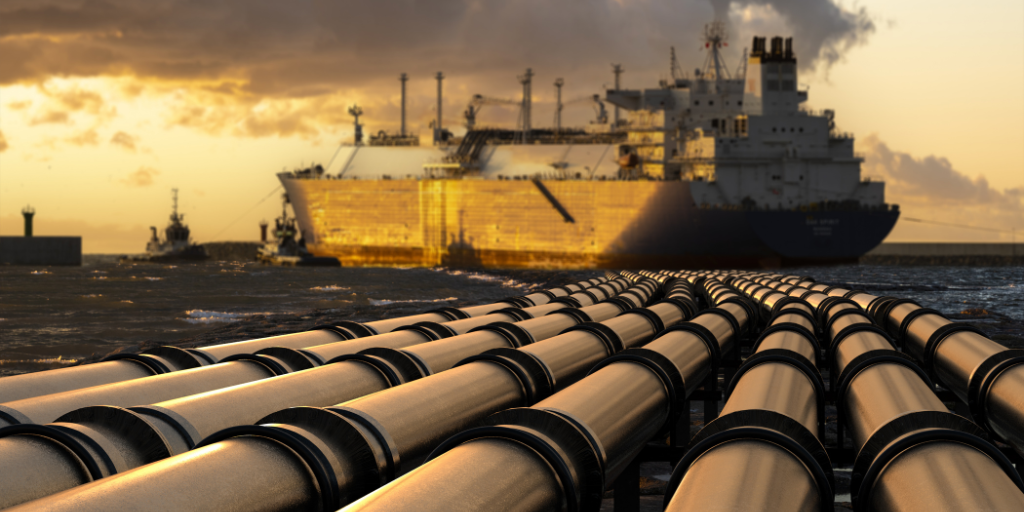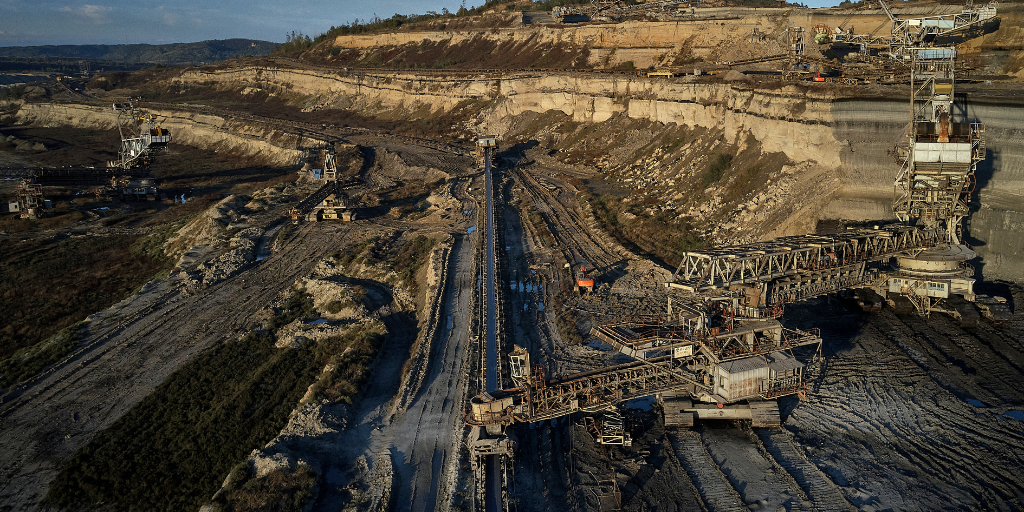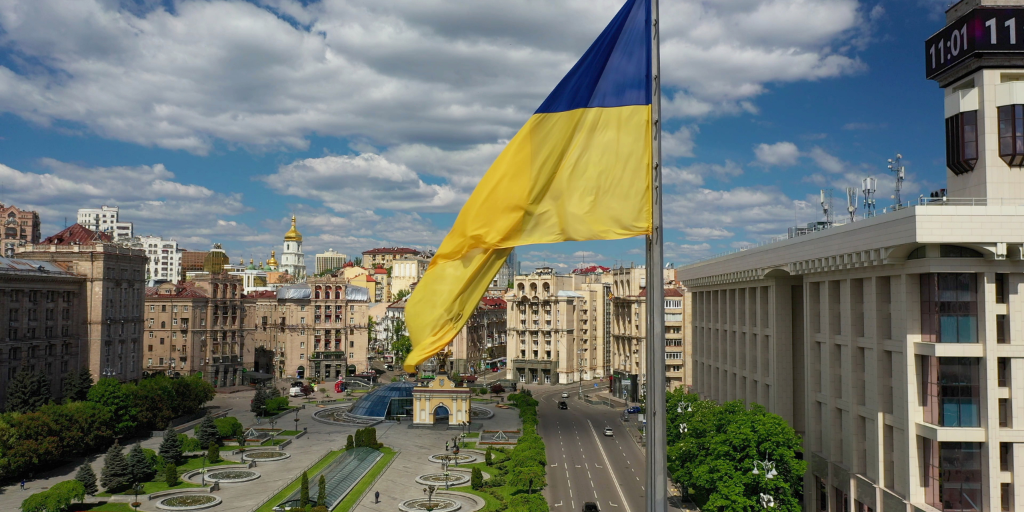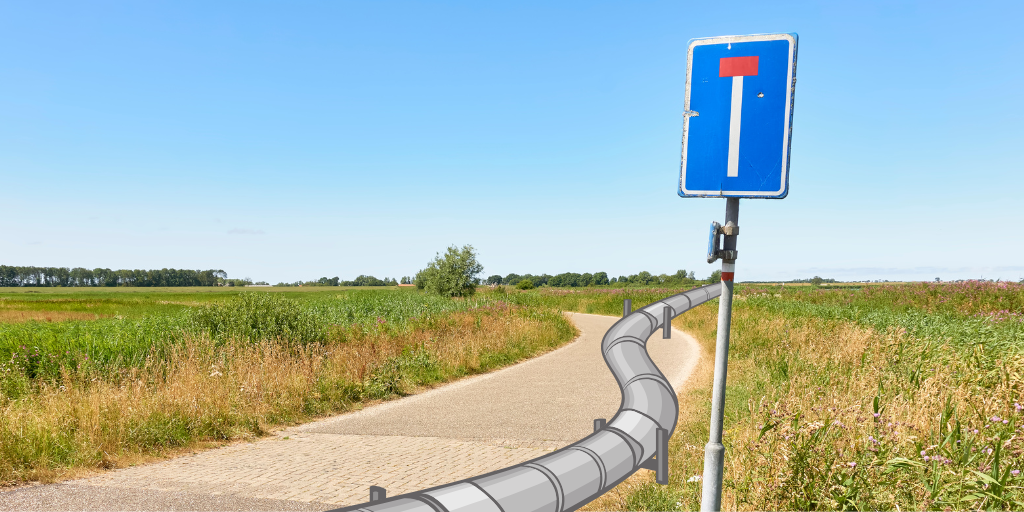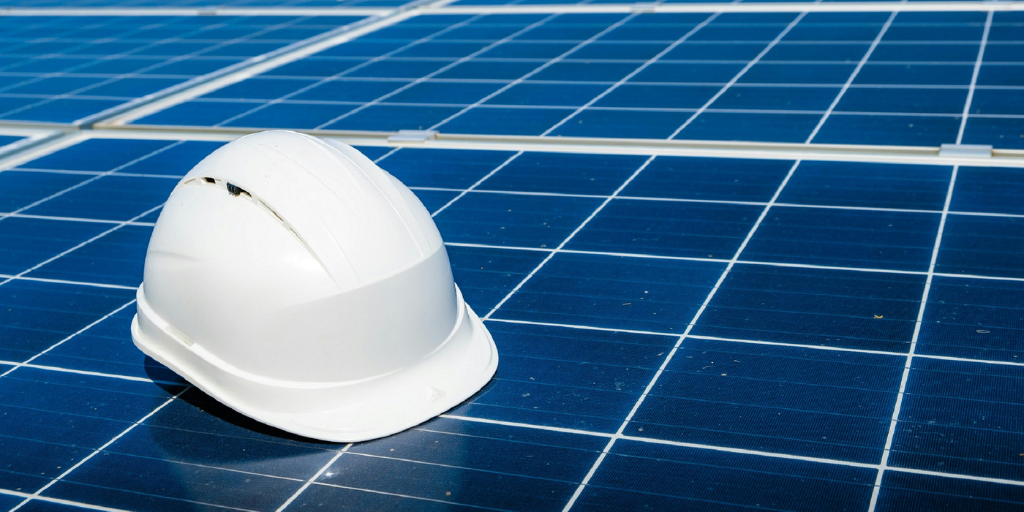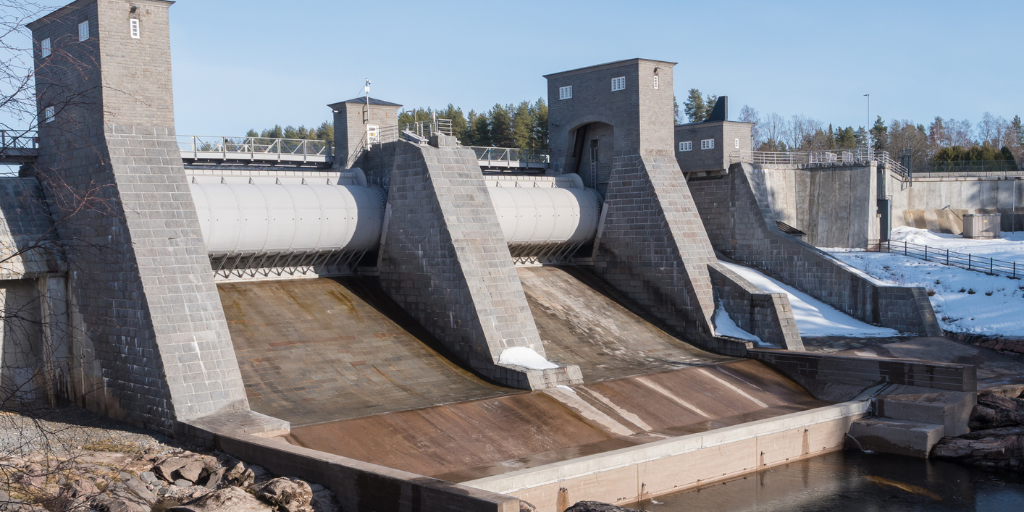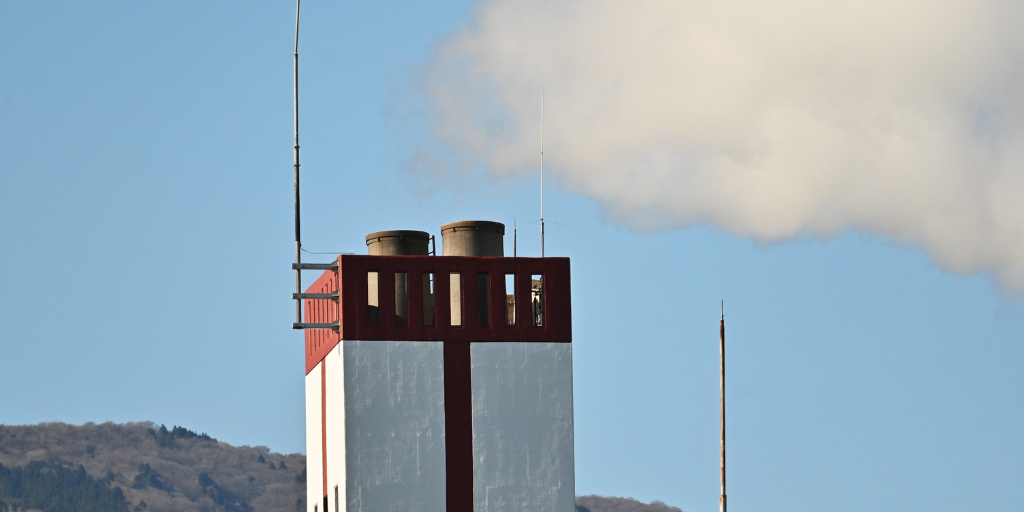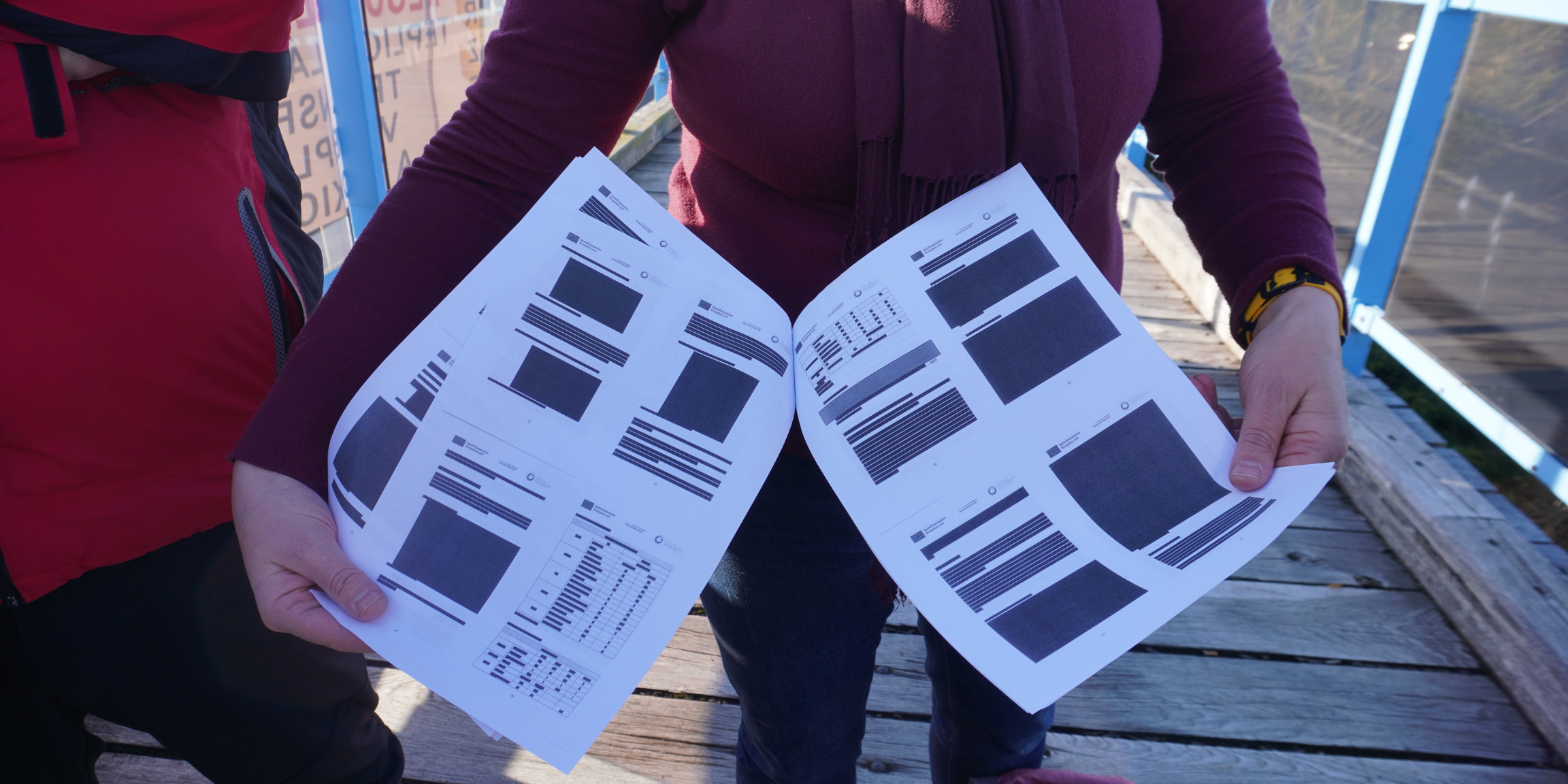February 26, 2026 | Read more Civil society reaction to new joint statement between the US and 12 central and eastern European countries
February 26, 2026 | Read more Over the last year and half, the Latvian government has proposed multiple amendments to national environmental policies, often under the guise of ‘reducing administrative burdens’. But while simplifying procedures can speed up decision-making and ease workloads for businesses and landowners, the collateral damage can be significant – with nature, ecosystems and our collective well-being all at risk.
February 11, 2026 | Read more A draft law supported by thirty members of the Parliament, aims to roll back Romania’s coal phase out and, at the same time, delivers a masterclass in manipulation.
February 5, 2026 | Read more Ukraine’s network of more than 1,000 territorial communities now finds itself at a unique historical juncture. On the one hand, decentralisation has entrusted these communities with the authority and responsibility for their own development. On the other, the ongoing war has depleted resources and made the survival of critical infrastructure a key issue.
January 14, 2026 | Read more The Romanian government is pursuing an increasingly contradictory energy strategy. On the one hand, it is preparing to heavily exploit Black Sea gas to increase consumption and drive industrial growth. On the other, it must meet ambitious targets for renewable energy, decarbonisation and energy consumption.
December 29, 2025 | Read more Hungary is moving to scale back its national recovery and resilience plan, reflecting the government’s struggles to complete the reforms and investments required by the European Commission under the Recovery and Resilience Facility by the end of August 2026.
December 19, 2025 | Read more Kyrgyzstan is promoting the massive 1,860 MW Kambarata-1 Hydropower Plant (HPP) as a solution to its ongoing energy crisis. The project, a joint effort with Uzbekistan and Kazakhstan on Naryn River, is actively seeking funding from international financial institutions like the World Bank, the European Bank for Reconstruction and Development (EBRD) and the European Investment Bank (EIB).
December 18, 2025 | Read more Several fossil gas and waste incinerator projects eyed by EU Member States have rightly been excluded from the latest Modernisation Fund investment round. But gas-fired power plant projects in Czechia and Bulgaria have secured a total of EUR 630 million in future financing.
December 16, 2025 | Read more The ‘do no significant harm’ (DNSH) principle is supposed to prevent EU funds from being invested in projects that harm the environment and undermine climate action. Though the principle is meant to increase awareness of the importance of environmental aspects in EU-funded projects, weak and incoherent implementation has hampered its effectiveness across the EU. Lessons learnt in Poland, the largest beneficiary of EU funds, can help improve the application of the ‘do no significant harm’ principle in the next EU long-term budget.
December 11, 2025 | Read more Civil society organisations and accountability mechanisms have repeatedly highlighted EBRD-financed projects in which the people affected have been marginalised, consultations have been superficial, and grievances have been ignored. These are not isolated missteps or the work of a few bad apples, but rather recurring problems that result in serious harm to people and the environment. Our latest research identifies 38 such cases, raising a pressing question: How can the EBRD ensure meaningful public participation if it doesn’t identify and learn from its failures?
Stay informed
Receive our monthly overviews of the latest developments on the ground.
